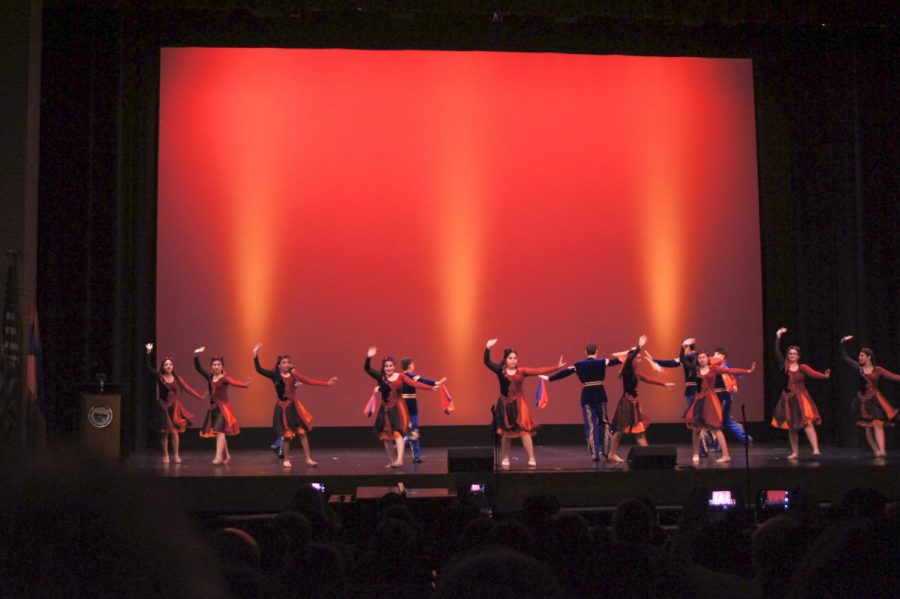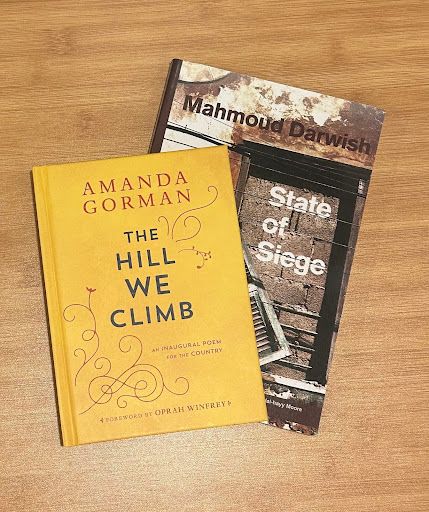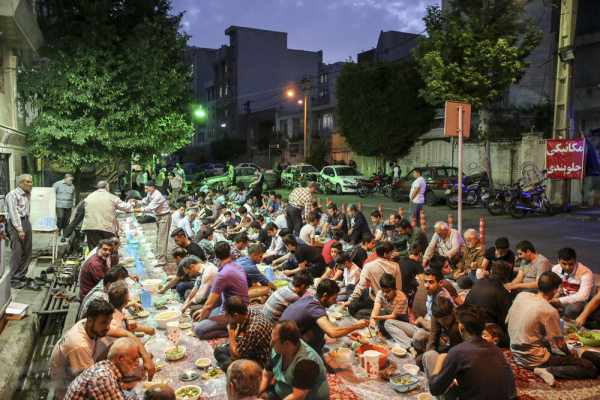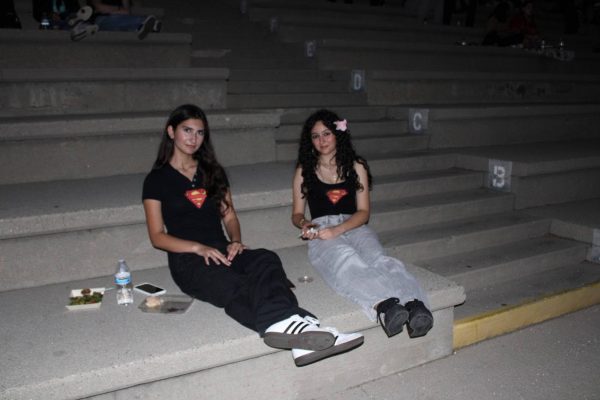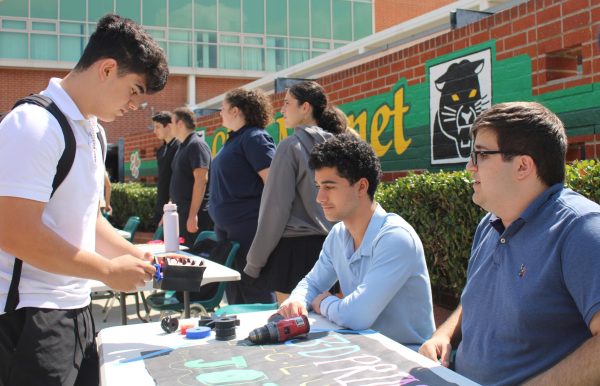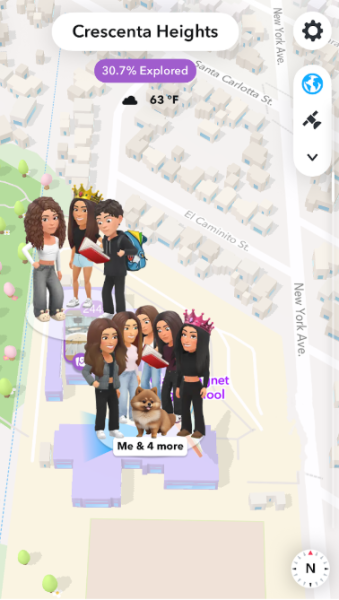Demands rightly continue for reparations for Armenian Genocide and to settle the Armenian national question
Traditional Armenian Dances were performed during Armenian Commemoration day at the John Wayne Center at Glendale High School.
The term “The Armenian National Question” was coined in 1878 after the Congress of Berlin. Yet, to non-Armenians, the Armenian National Question is only known by few, and solutions to the question are almost nonexistent among the non-Armenian population. So it is up Armenians to popularize the belief of a “solution” to the question that had been popularized among people in the Armenian population.
The Armenian National Question is a broad term, but it roughly refers to the protection and freedom of Armenians from their neighboring communities. The term is also used to refer to question the lack of acknowledgement surrounding the event of the Armenian Genocide.
Yet up to the present day, the Armenian National Question has not been fully answered. But the actual solutions to the multiple step question are much easier than you think.
The Armenian state was subjugated under the Ottoman Empire during the late 1800s. The Armenian people were discriminated against during these times, often killed for their non acceptance of Muslim traditions and beliefs. Examples of this include the Erezum Massacre of 1895 and the Armenian massacres of Adana. These examples show that even before the genocide beginning in 1914 and ending in 1923, Armenians were discriminated against and killed for unknown reasons. During the time period before the genocide, Armenian Nationalist militias known as Dashnaks formed up, combated the oppressive Ottoman state using guerilla tactics. Some of these militias were combating for the formation of an independent Armenian state (Dashnaks, Hunchaks) and for more Armenian autonomy (Armenakans). Despite being poorly trained, these militias performed well, winning many important battles and getting global recognition from the Armenian diaspora. Many of these heroes were Andranik Ozanian, Drastamat Kanayan, Nikol Duman,and Kevork-Levon “Menag” Aroustamian. Unfortunately, these Armenian military heroes would see the Armenian Genocide occur, and some would even lose their own lifes fighting the Ottoman army.
In current times, the Armenian National question has still not been answered, and many people have wondered what would be the best way for Armenians to move forward and to finally forget. The most important thing for the Armenians and Armenian diaspora to start doing in mending their country is to get Turkey to finally recognize and pay for the genocide. The Armenian diaspora and the Armenian government have taken great strides in this, having recognition from countries such as France, Canada, Brazil and 48 out of the 50 states in the United States. But the biggest success would have to have for the United States government recognize it, for the USA will most likely push for reparations. The reason the United States will not recognize the genocide to the present day is that Turkey is one of the only access points for NATO to deploy to places such as Syria and Afghanistan. The ideal recognition of the genocide will have the Turkish state recognize the genocide, pay reparations to the families of the victims, and hand over Wilsonian Armenia (the provinces of Kars, Ardahan, Igdir, and Artvin) as well as the provinces in the Historical Kingdom of Armenia (Van, Gaziantep, Adana, Trabzon.) However, this type of agreement will most likely not be put into effect, since Turkey’s economy is in shambles and will definitely not accept to having their stolen territory returned to the rightful owners. The current president, Recep Tayyip Erdogan, has continually shown to the world that he is a tyrant who continues to push Turkey into a democratic backslide. He silences the press in his own country, continuously rigs elections and purges officials, drawing close distinction to Nazi Germany and Adolf Hitler.Erdogan has publicly shown that he supports Ottomanism (the revival of the Ottoman tradition). This heinous revival of one of the worst empires in history that has been proven to have committed mass atrocities in the past should not be allowed to continue. He continuously opposes relations between Armenia and Turkey, going so far to destroy a statue in Kars that called for rapprochement between the two countries, stating that “[Turkey] has not committed a crime, and therefore should not apologize.” Armenian-Turkish relations might become better in the future if Erdogan doesn’t serve a longer term than necessary.
The importance of remembering the genocide and finding justice isn’t just for the oppressed. Bringing light to this event will suppress other groups from committing mass atrocities. The recognition of the Armenian Genocide is important for the oppressed and the bystanders alike. The oppressed will finally be able to find closure, and the bystanders will be informed and in effect, will be taught not to commit similar atrocities.
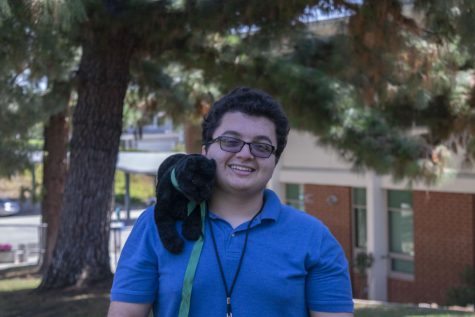
Hobbies/Interests: Writing, Reading, Watching movies and exercising.
Spirit animal: Wolf
Places you want to travel to: Europe, Japan, Canada, the...
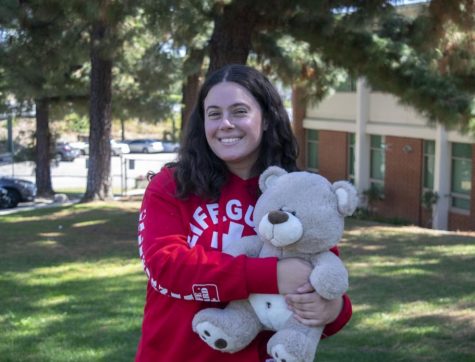
Hobbies/Interests: Writing, Reading Literature, shopping & Going to Flea Markets
Spirit animal: An Owl & Audrey Hepburn
Places you want...



